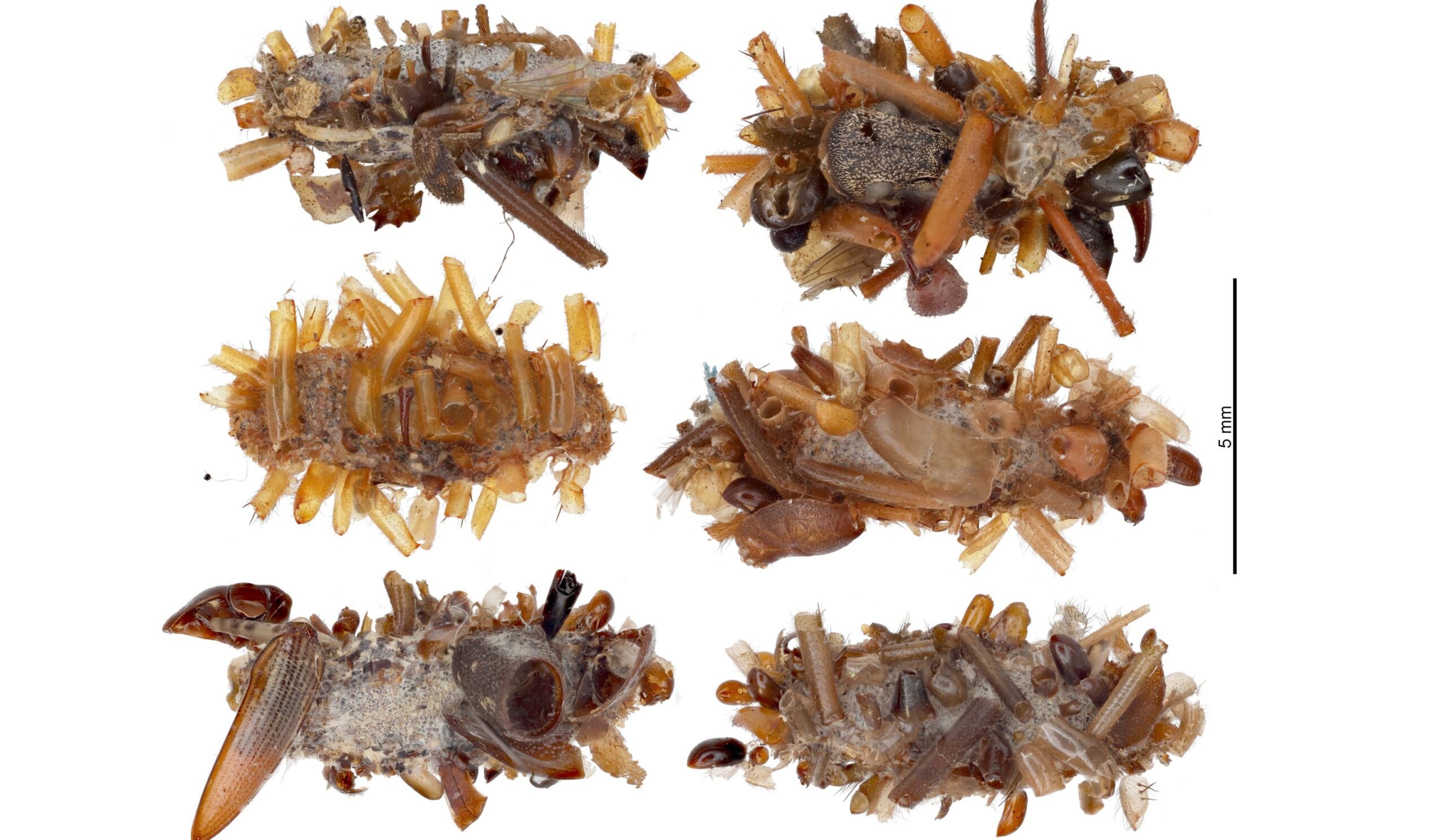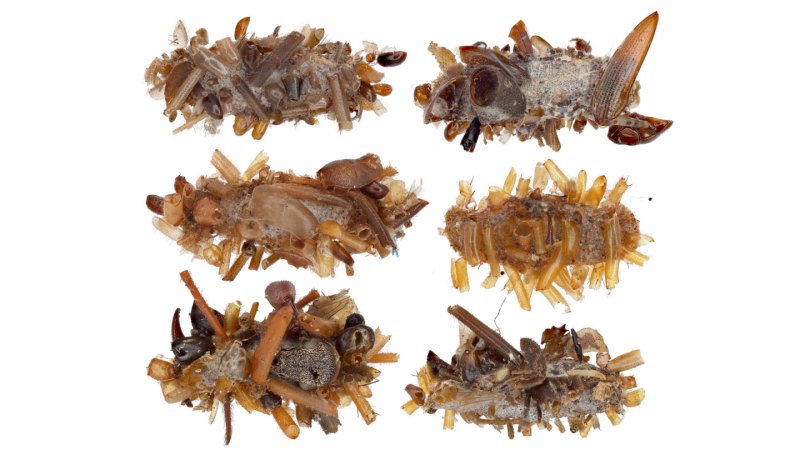A protein identified nearly 40 years ago for its ability to stimulate the production of red blood cells plays a surprising, critical role in dampening the immune system’s response to cancer.
Blocking the activity of the protein turns formerly…

A protein identified nearly 40 years ago for its ability to stimulate the production of red blood cells plays a surprising, critical role in dampening the immune system’s response to cancer.
Blocking the activity of the protein turns formerly…

Imagine you’re a spider nestled comfortably in your messy cobweb built into the dark nook of a rotted log. You live in a humid forest on a mountainside…

Dubbed the “bone collector,” this caterpillar found on a Hawaiian island disguises itself while stalking spider webs for trapped insects to eat.

Once thought resistant to invasion, regional deserts are losing native plants to aggressive weedy species like Saharan mustard. New research shows its spread is disrupting biodiversity and reducing the desert’s ability to recover from extreme…

In many animals, skin colouration and its patterns play a crucial role in camouflage, communication, or thermoregulation. In the corn snake, some morphs display red, yellow, or pink blotches, and their dorsal spots can merge or turn into stripes….

Like farmland in Australia, native forests struggle with drought and flooding, so future management decisions need more sophisticated systems to monitor and manage their water needs.
A new study led by Flinders University aims to provide a good…

A Kobe University team was able to edit the DNA of Lactobacillus strains directly without a template from other organisms. This technique is indistinguishable from natural variation and enabled the researchers to create a strain that doesn’t…

High-starch algae are important in biofuel production, as a feed supplement in agriculture and as an efficient way to bind carbon dioxide. Researchers have now found a new method to control starch storage in algae — a finding with potential…

A database about monkey behaviour reveals how science is evolving towards a more open, collaborative approach.
MacaqueNet contains social behavioural data from 14 of the world’s 24 species of macaque.
Established in 2017, MacaqueNet has grown…

Scientists developed a machine-learning tool that can teach itself, with minimal external guidance, to differentiate between aerial images of flowering and nonflowering grasses — an advance that will greatly increase the pace of agricultural…